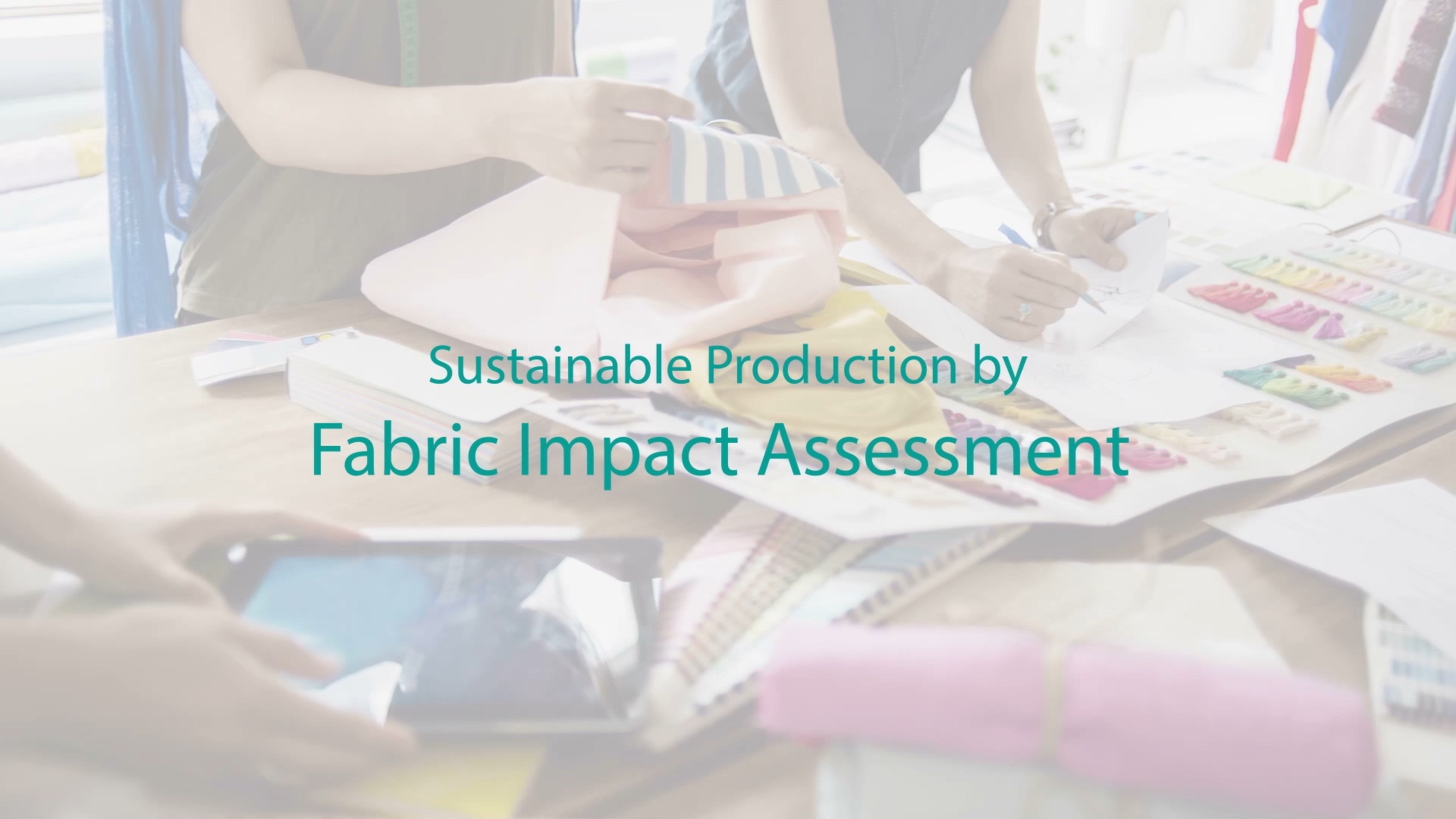Sustainable Design by Fabric Impact Assessment
This project aims to develop an assessment method, which will estimate the impacts of cotton and cotton blended fabrics on environment, human/social, and animals. A model will be established to assess the fabric impacts. Data will be collected from different sources and will be evaluated, analysed, and integrated. The proposed method will assess the fabric impacts from aspects including raw material, process of spinning, fabrication, dyeing/finishing, logistics, and recycling. The weightings of factors will be determined by integrating advices from an expert panel. Concluded fabric impact will be presented with several components, which will be interpreted and scored. The outcomes of this project will be a tool to guide the designer, product developer, manufacturer, product manager, and executive manager selecting proper fabric components, production processes, and production locations, then improve the sustainability of textiles and apparel industry.
In the first phase, the developed model focuses on cotton and major cotton blended fabrics, as they make up a significant proportion of textile products. The project team has reviewed a wide range of relevant academic publications, government and NGO reports, LCA databases, company reports and news reports covering different fabric manufacturing processes: from agricultural production, to fabric finishing and finally to recycling. Formulas were developed from the data extracted and assessed from the secondary sources in order to unify the contributions from the different sources. An expert panel comprising senior academics, NGO experts and industry specialists was formed to determine the weightings of 15 factors and 6 manufacturing processes. Users simply input the selected material and production regions of each manufacturing process to generate a sustainability report automatically.
The software encourages users to upload their frontline information and new techniques into the model database, which will progressively enhance the model's capacity and performance. The software fosters a sustainable manufacturing processes starting from the product design stage. It assists relevant parties in making sustainable choices when designing their products. This kind of design intervention has the potential to educate and actually drive the whole industry towards improved green practices.
Get in touch with us
If you have any enquiries or comments, feel free to contact us!
* Mandatory fields
Thank you for reaching out.
We will be in touch soon.

